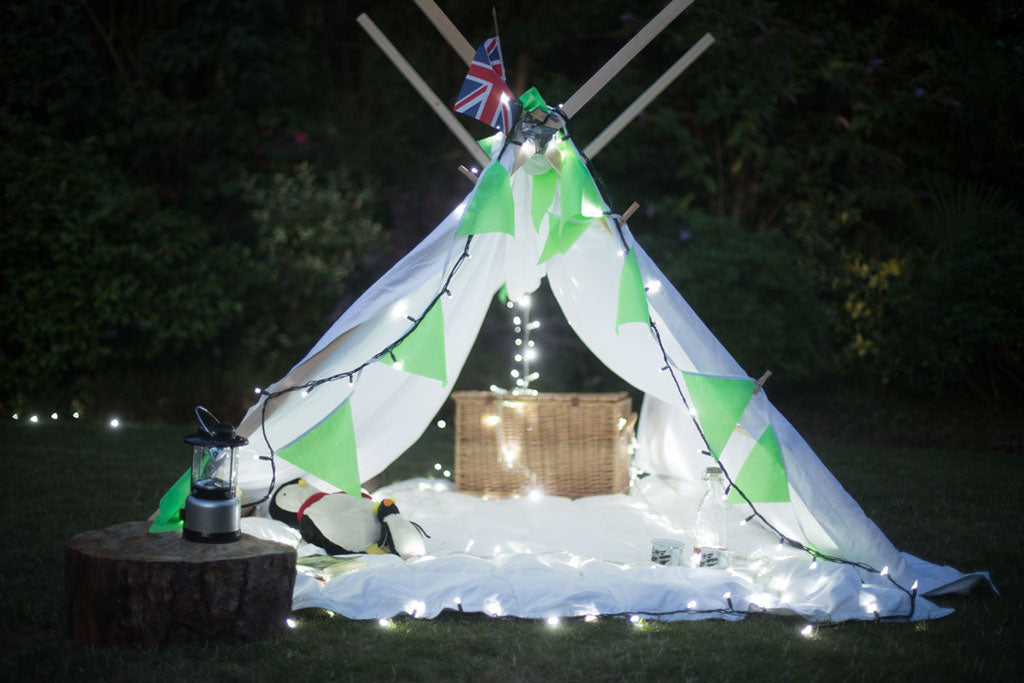
School age children and sleep
Those of you with school age children should be back in the normal school routine now that the kids have been back at school for 3 weeks or so. My younger son has just started secondary school and has been really tired. It might just be because everything is new and the shock of being back at school after the summer holidays, but I thought I should check that he's getting the right amount of sleep each night.
- Why do children need sleep?
- How many hours of sleep do children need?
- Children's sleep chart
- How does sleep affect a child's behaviour?
- How does sleep affect a child's growth?
- Why are teenagers always tired?
- Top tips to help children sleep well
Why do children need sleep?
According to The Sleep Charity "A good night’s sleep is vital. And for children, a decent night’s sleep will help them to do better at school, allow them to react more quickly to situations, have a more developed memory, learn more effectively and solve problems. Plus it will make them less susceptible to colds and other minor ailments, less irritable and better behaved!"
In our blog last month 'Why sleep is important', I stated that regular, good quality sleep is essential for a healthy lifestyle along with nutrition and exercise. When you sleep your body:
- Heals damaged cells.
- Boosts your immune system.
- Recovers from the day’s activities.
- Recharges your heart and cardiovascular system for the next day.
Research shows that children who get the right amount of sleep have better attention, behaviour, ability to learn, memory and overall mental and physical health. Lack of sleep can lead to health issues like high blood pressure, obesity and depression.
How many hours of sleep do children need?
A 2019 study by Loughborough University and UCL found that nine out of 10 children don't get enough sleep. They also spend too much time staring at screens. So how much sleep should our children be getting?
We've put together this sleep chart showing how much sleep school aged children should be getting based on the recommendations of the NHS website.
Children's sleep chart
| Age | Hours of sleep |
| 4 | 11 hours, 30 mins |
| 5 | 11 hours |
| 6 | 10 hours, 45 mins |
| 7 | 10 hours, 30 mins |
| 8 | 10 hours, 15 mins |
| 9 | 10 hours |
| 10 | 9 hours, 45 mins |
| 11 | 9 hours, 30 mins |
| 12 - 13 | 9 hours, 15 mins |
| 14 - 16 | 9 hours |
How does sleep affect a child's behaviour?
Professor Yvonne Kelly, from University College London's department of UCL Epidemiology & Public Health, says:
"Not having fixed bedtimes, accompanied by a constant sense of flux, induces a state of body and mind akin to jet lag and this matters for healthy development and daily functioning. We know that early child development has profound influences on health and wellbeing across the life course. It follows that disruptions to sleep, especially if they occur at key times in development, could have important lifelong impacts on health."
Unsurprisingly lack of sleep will result in grumpy, tearful and more tantrum prone children. A study by UK researchers in the journal Pediatrics also shows that children who go to bed at irregular times are more likely to have behavioural problems. Having irregular bed times can disrupt natural body rhythms and cause sleep deprivation. This disturbs brain maturation and the ability to regulate certain behaviours. Having a bedtime routine helps train children's behaviour and helps them to become sleepy at the right time in the evening.
How does sleep affect a child's growth?
Several hormones are required in the body to stimulate growth including a protein hormone secreted by the pituitary gland called growth hormone. Different factors affect its production such as nutrition, exercise and stress, but in young children the most important factor is sleep.
The growth hormone is released throughout the day but in children the most intense period of release is shortly after the beginning of deep sleep. So, if children are not getting enough sleep then that can result in growth problems such as slowed or stunted growth.
Why are teenagers always tired?
Research seems to show that teenagers' body clocks maybe set later than both adults and young children's so they are programmed to stay up later and get up later. This can be a problem when they have to get up early for school and they don't get the full amount of sleep they need.
So, it's not surprising if they are tired and grouchy! If it starts to affect their ability to focus and do well at school, then it can become a problem. The NHS advises that teens should stick to the same bed-time routine each day of the week rather than trying to catch up on sleep at weekends. Lie-ins and late nights will disrupt their body clocks. It's also important that they get outside into the daylight in the morning to keep their body clock regular.
Top tips to help children sleep well
- Wind down time - Leave enough time before bed for time to talk to your child about their day or to read with them or for them to read themselves.
- Less screen time - Stop screen time (smartphones, tablets, TVs, computers, gaming machines, etc) at least an hour before bed.
- Distraction free bedroom - No TVs, smartphones or other distractions in the bedroom.
- Right environment - Bedrooms should be quiet, dark and the right temperature, around 18 degrees.
- Proper sleep routine - Regular bedtime and wake up hours will help your child to feel sleepy at the right time and sleep well throughout the night.
- Enough sleep - Stick to the NHS guidelines on how much sleep your child should be getting each night. See the sleep chart above.







































